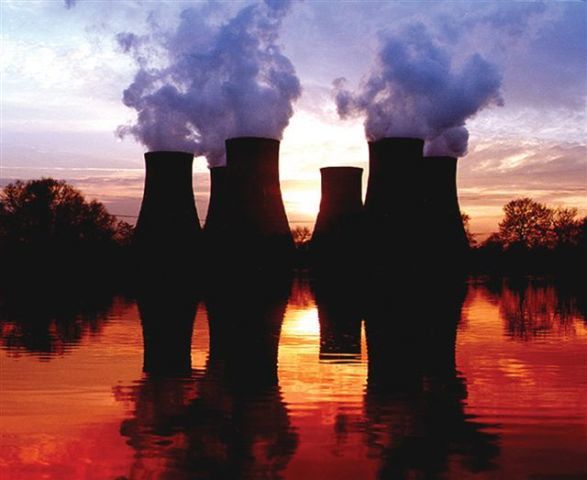
Common commodities such as cocoa and coffee are under threat from global warming, businesses have warned as they backed a strong climate deal at international talks in Paris.
Barry Parkin, global sustainability director at Mars, said the company sourced much of its supply chain of products, from cocoa to sugar, mint and vanilla, from smallholder farmers who are threatened by rising temperatures.
He said: “We’re a food company, based on agriculture, and when you look at agriculture, we buy from the equivalent of about a million farmers, and most of those farmers, large numbers of them, are smallholder family farmers in the developing world, who are often subsistence farming, and they are the most vulnerable.”
He said the company is taking steps to play its part in cutting emissions with a target to go zero carbon by 2040, a wind farm in the US the size of Paris that meets the equivalent of all the electricity needs of operations in North America and working towards zero deforestation, he said.
Mars is also working with farmers to improve their efficiency, boost yields and incomes and breed crops that are climate resilient, for example cocoa in west Africa that is more drought resistant.
“It’s good for the farmers, everyone wants the farmers to be successful, but it’s also good for business, because we’re reliant on these materials,” Mr Parkin said.
The company knows that if it does not help farmers cope with climate change, and they are not successful, they will find something else to do.
Jostein Solheim, chief executive of Ben & Jerry’s, has the same concerns that the business and the livelihoods of its suppliers are interlinked.
He said: “If we look at our cocoa supply, coffee supply, but most importantly the prosperity of these farmers and farming communities, we rely on them being successful.”
And it is not just a supply chain issue. He added: “We know that if we continue on the current course we have a 3.5C increase, we’re going to see such disruption, such instability around the world – how do we sell and operate in communities under such strain?”
Ben & Jerry’s has put an internal price on carbon through its supply chain and is investing much of the money into farming communities to cope with the effects of climate change and become more resilient.
Mr Solheim said the company backed a wider price on carbon, as leading climate scientist Dr James Hansen has proposed as a fair way to drive down emissions, and boost jobs and growth, despite concerns in some quarters that it would be too hard to do.
“It’s not that hard, we put Europe back together after wars, we have put people on the moon, we can put in place a framework that will save our future,” he said.
Mr Parkin said the company wanted governments to come out of Paris “with some very strong commitments that take us on a path to 2C”.
“Our belief is that business and government all have to be aligned to no more than 2C warming of the planet.”
Recommended for you
